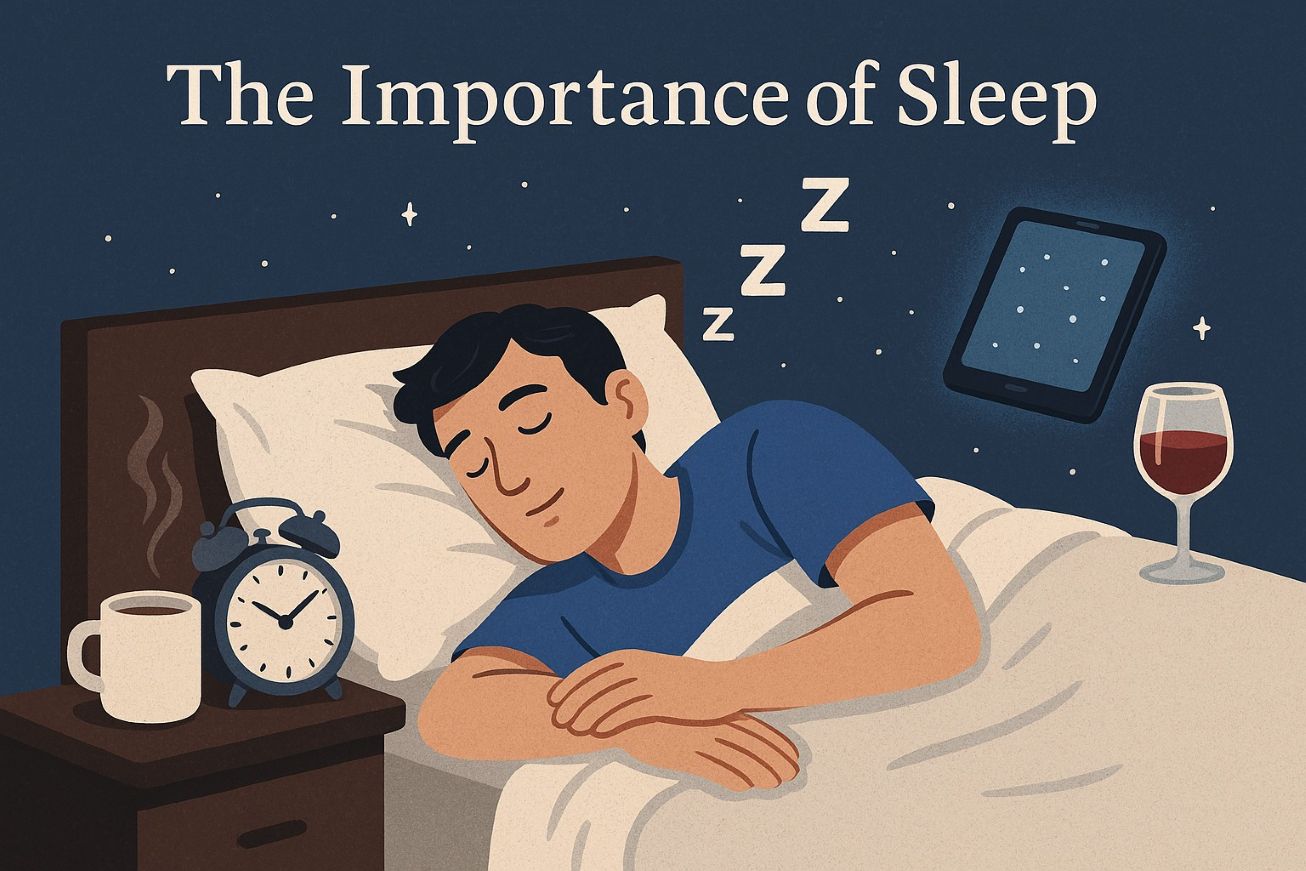The older I get the more I realise the importance of sleep. When you are younger you can afford to burn the candle at both ends, but eventually there comes a point where you must take sleep seriously.
Lack of sleep
A few nights of reduced sleep and you will soon start to struggle mentally and emotionally. Recent research has also shown that lack of sufficient sleep can also affect your physical health.
I have therefore made it a priority to get the correct amount of sleep. I listen to and read about the modern gurus who say we should rise at 5am to attack the day. We should hustle till we drop. I just smile to myself and think ‘you’ll see.’
Getting enough sleep
So, what is enough sleep. Well, that depends on you. The amount of sleep you need depends on a lot of factors such as your age and how physically active you are. I’ve experimented with the amount of sleep I need and it is just under 8 hours per night.
Are you getting enough sleep? Do you find yourself dropping off when reading a book in the early evening? I remember when I was in field sales and was driving home in the afternoon, I would start to feel drowsy, especially on monotonous motorway journeys. I would have to pull into the services to have a quick nap.
If this is also you, then maybe you aren’t getting enough sleep.
The Effect of Drinks on Sleep
The amount of sleep is important but so too is the quality of sleep. There are many things that can affect the quality of sleep such as what you drink during the day, leading up to sleep.
Caffeine
Caffeine is a stimulant which will stay in your system for hours. If you drink tea or coffee in the evening, you will struggle to drop off to sleep. Consider having your last caffeine drink earlier in the day.
Alcohol
Drinking alcohol can often make us fall asleep sooner, but the quality of that sleep will be diminished. Research on brain waves of sleepers has shown that we do not get enough of the deep restorative sleep, whilst alcohol is in the system. Again, experiment by having that last drink earlier or maybe not drinking alcohol at all.
The Effect of Looking at Screens on Sleep
The blue light from screens mimics that blue sky we see in the morning. Consequently, after looking at screens in the evening, our circadian rhythms go out of sync and we become more awake when we are usually getting ready for sleep. Looking at mobile phones, tablets and laptops before bedtime is therefore bad for sleep hygiene. Try to limit their use to at least an hour before bedtime.
If you are struggling with your sleep patterns, one remedy is to try to get outside in natural sunlight first thing in the morning whilst avoiding blue light from screens in the evening. This resets your circadian clock, as we then naturally will feel sleepy in the evening and awake in the morning.
Once you get in the habit of the right amount of quality sleep, every day, you will see wonders in your mental, physical and emotional health.

